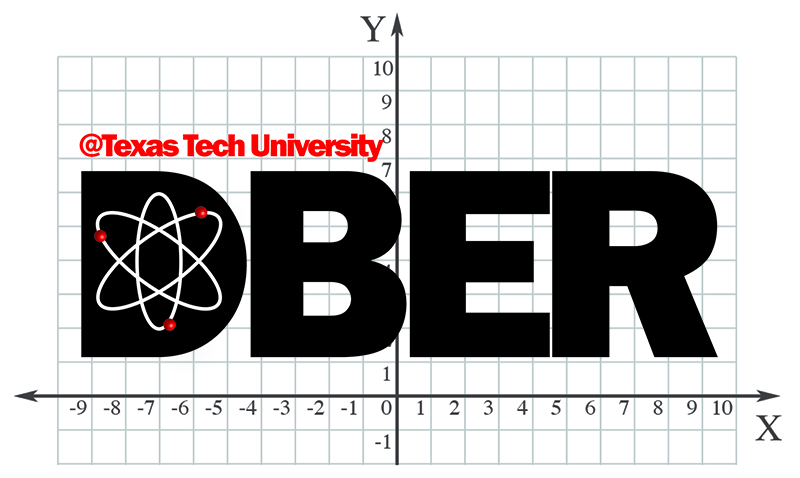Discipline-based Education Research

Discipline-based Education Research (DBER) is discipline-specific research on students' understanding of concepts, their problem solving skills, cognitive skills, learning difficulties and attitudes towards learning. It is grounded in strong scientific content knowledge combined with knowledge of teaching and learning theory. The results of the research can be used for the development of curricula, materials or instructional techniques that will improve teaching and learning.
The DBER Seminar is hosted virtually weekly. To join the group please visit the TTU DBER Google group. For questions about DBER contact the coordinator of the seminar: Dr. Beth Thacker.
Goals
1. Conduct fundamental discipline-specific research underlying the creation of evidence-based materials and learning methods.
2. Create a community of TTU DBERs with shared objectives, experiential and theoretical approaches.
3. Join in, support and contribute to the emerging national STEM DBER Alliance.
History
As defined by the 2012 National Research Council (NRC) report, discipline-based education research (DBER) "investigates learning and teaching in a discipline using a range of methods with grounding in the discipline's priorities, worldview, knowledge, and practices. It is informed by and complementary to research on human learning and cognition" (National Research Council, 2012; Henderson, et al., 2017). DBER represents the interdisciplinary aggregate of the educational research branches of six parent STEM disciplines: Physics, Chemistry, Engineering, Biology, Geology and Astronomy. While the DBER acronym suggests the inclusion of any discipline, it is traditionally comprised of the STEM disciplines.
The origin of STEM educational research began in the late 19th and early 20th centuries. However, it wasn't until the 1950's and 1960's, following the successful orbit of the Russian satellite Sputnik, that the United States government began to infuse funding to increase the quality of scientific education. Even with this impetus, DBER didn't truly begin to take hold until the following decades, with the establishment of professional societies, peer-reviewed journals and eventually graduate and post-doctoral programs that focus on this type of research (National Research Council (U.S.), 2012).
Dynamic Vision/Mission
Until recently, DBER researchers have been isolated within their discipline-specific fields. But all of these fields (Physics Education Research, Biology Education Research, Engineering Education Research, etc.) share common goals and methods. Our vision is to bring these researchers together to share their common knowledge through seminars and conferences, joint research projects and applying for funding and the formation of a strong community of DBER researchers at TTU. We will promote the need and advantages of DBER to STEM departments at TTU, hopefully leading to more faculty DBER hires and an increased knowledge and understanding of DBER by non-DBER faculty. DBER underlies the development of the evidence-based educational materials that have been so successful in all of the STEM disciplines. It is important for TTU to be among the leaders of DBER research. This will benefit TTU students, as well as increase grant funding for TTU faculty. We will also join with the national DBER community.
References
Henderson, C., et al. (2017). "Towards the STEM DBER Alliance: Why We Need a Discipline‐Based STEM Education Research Community." Journal of Engineering Education 106(3): 349-355.
National Research Council (U.S.). Committee on the Status Contributions and Future Directions of Discipline-Based Education Research., et al. (2012). Discipline-based education research : understanding and improving learning in undergraduate science and engineering.
STEM CORE
-
Address
1008 Canton Ave. Lubbock, TX 79409-1087 -
Phone
806.742.0218 -
Email
stem-core@ttu.edu
